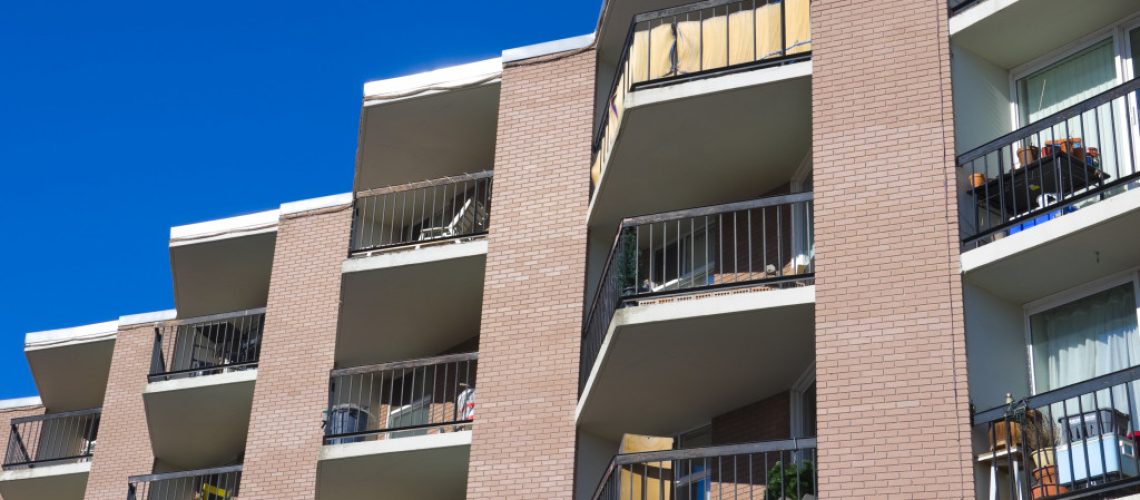When it comes to managing rental properties, proper management is vital. If you want to maximize your income, you need to ensure that your tenants are happy and that your property is in good condition. Here are some tips for ensuring that your rental property is well managed:
Keep your property in good condition and fix any issues as soon as they arise.
Maintaining a property in good condition is essential for several reasons. Proper maintenance ensures that the property is safe for tenants to live in. It helps protect the investment you’ve made in the property. And finally, it can help increase your income from the property.
Keeping on top of maintenance issues can prevent minor problems from turning into big (and expensive) ones. Regularly inspecting the property and addressing any issues can help you keep your rental in tip-top shape.
Invest in preventive maintenance
Investing in preventive maintenance can also save you money in the long run. For example, regularly cleaning and inspecting gutters can help prevent water damage to the property. Replacing worn-out carpeting or flooring can also help avoid costly repairs.
In addition to maintaining the property, it’s also important to keep up with regular landscaping and yard work. This will help the property look its best and prevent potential problems, such as overgrown vegetation that could attract pests.
By taking good care of your rental property, you can help ensure that it’s a comfortable and safe place for tenants to live. And by doing so, you can also help maximize your return on investment.
Property owners can also work with reliable property management companies to manage their properties’ maintenance. This will allow them to focus on their other businesses.
Screen tenants carefully and only rent to people who will take care of your property.
One of the benefits of screening tenants carefully is that you can avoid renting to people who may not take care of your property. This can help protect your investment and increase your income from rental properties.
By carefully screening tenants, you can ensure that you are only renting to responsible individuals who will take care of your property. This can help keep your property in good condition and make it more likely that you will receive timely rent payments.
Additionally, screening tenants can help you avoid potential legal problems associated with renting to individuals who may cause damage to your property or disturb the peace.

Establish rules and regulations for tenants and make sure they are followed.
The importance of establishing rules and regulations for tenants cannot be overemphasized. By having a set of rules in place, landlords can ensure that their tenants follow the guidelines they have put in place and that their property is being well taken care of. This can help minimize damage to the property and also help create a more positive relationship between landlord and tenant. But landlords should ensure the rules and regulations consider the landlord-tenant law to avoid issues in the future.
It is also important to enforce these rules and regulations. If landlords do not follow through with enforcing the rules, tenants may begin to feel as though they can get away with breaking them. This can lead to more damage to the property and a deterioration of the relationship between landlord and tenant.
Some specific rules and regulations that landlords may want to consider putting in place include:
- No smoking on the property
- Quiet hours from 10 pm to 8 am
- No pets allowed
- Proper garbage disposal
By having a set of rules in place and enforcing them, landlords can help create a more positive rental experience for both themselves and their tenants.
Collect rent on time and enforce late fees if necessary.
If you’re a property manager, one of your main responsibilities is ensuring rent is paid on time. Late payments can lead to missed mortgage payments and other financial woes. To avoid this, it’s important to enforce late fees if necessary. This will help ensure that rent is paid on time, every time.
Late fees should be reasonable and in line with other late fees in your area. You don’t want to charge so much that it’s difficult for tenants to pay, but you also don’t want to charge too little that it’s not worth your time enforcing the fee.
The Late Fee Fairness Amendment Act of 2016 set the maximum limit to five percent. So, you should avoid charging more than this percentage when collecting late fees. You should also charge the late fee if the rent is late by at least five days. It’s also a good idea to remind tenants before the late fee is charged.
Landlords who carefully manage their rental properties can increase their income from those properties. Following the tips in the article will allow them to achieve their goal of increasing the income they get from their rental properties.





